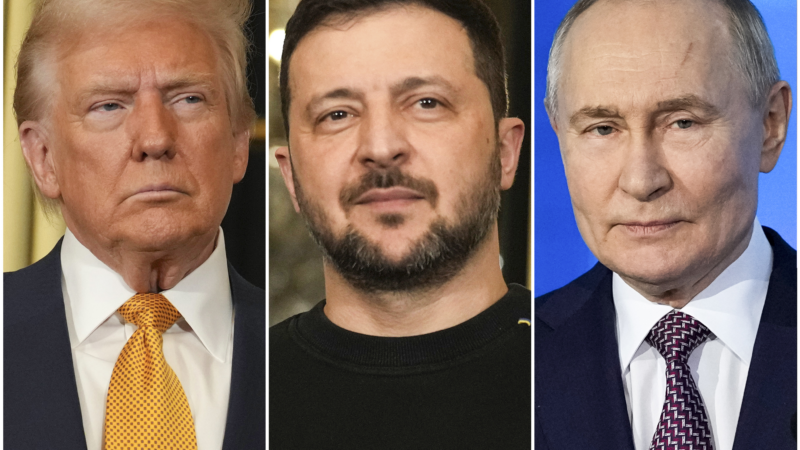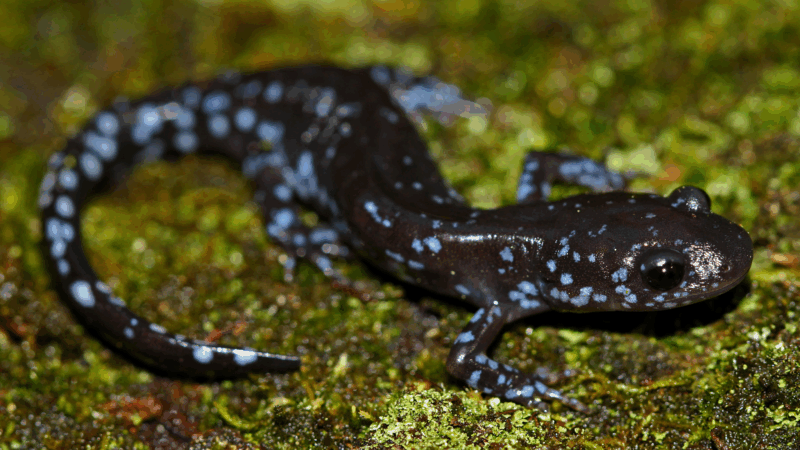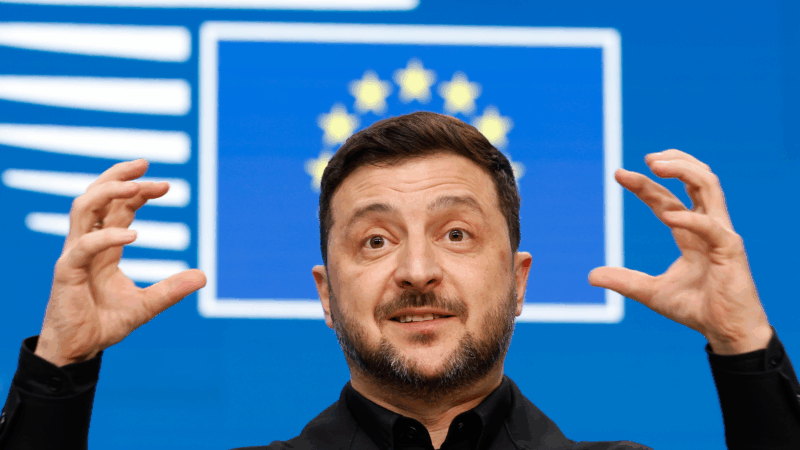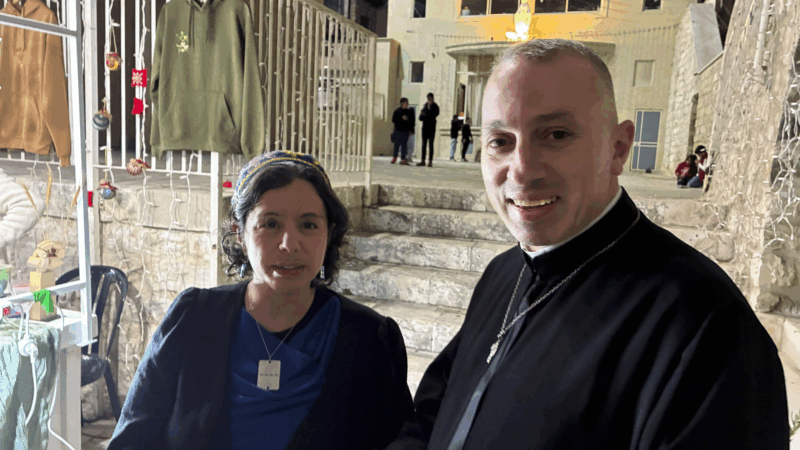What Russia and Ukraine want out of talks, as Trump speaks to Putin Tuesday
MOSCOW and KYIV — President Trump will speak with Russian President Vladimir Putin on Tuesday as the U.S. pursues a ceasefire deal in Ukraine. White House officials say they’re cautiously optimistic about a proposal that would stop the fighting between Russia and Ukraine for 30 days.
The call will follow weeks of intense dialogue about how to end Russia’s war on Ukraine, including separate talks between the Trump administration and Russian and Ukrainian officials. It comes more than three years into Russia’s full-scale invasion of Ukraine.
Last week, Ukraine’s government agreed to the U.S. proposal for a 30-day ceasefire in talks in Saudi Arabia. But even as Trump’s special envoy visited Moscow to discuss it, Putin raised concerns about the plan.
Here are the positions of Russia and Ukraine going into the phone call between Putin and Trump.
What did Putin say about the ceasefire plan?
Putin has praised Trump’s efforts to end the war in Ukraine and said he agreed in principle with the U.S. ceasefire proposal. Yet the Kremlin leader also said he had “questions” and there were “nuances” that required further discussion before an agreement could be reached.
Putin said he would need guarantees Ukraine would not use the pause in fighting to resupply its forces or squirrel out Ukrainian fighters to avoid capture by the Russians. Putin suggested that Ukraine had signed onto the U.S. proposal merely as a way to stall recent Russian battlefield progress.
Putin also questioned who would monitor the deal across the front line, as well as what penalties would be for violating its terms. Russian officials have repeatedly rejected the idea of a peacekeeping contingent from NATO-aligned countries.
Putin met last week with White House envoy Steve Witkoff to discuss the proposal behind closed doors in Moscow. According to Kremlin spokesman Dmitry Peskov, Putin passed on “signals” for Witkoff to deliver directly to Trump. He did not disclose what they were.
What are Putin’s core demands?
Putin has said he favors a long-term solution that addresses “the root causes of the conflict.”
Here are some of the main demands Putin has long expressed:
- No NATO membership for Ukraine
- End international sanctions against Russia
- Ukraine, and its allies, recognize territory Russia has claimed to annex from Ukraine over the past decade as part of Russia. That includes the Crimean Peninsula, seized by Russia in 2014, and four other Ukrainian regions (Donetsk, Luhansk, Zaporizhzhia and Kherson), that Russia has partially controlled since its invasion in 2022.
- Ukraine shrinks the size of its military
- Ukraine pulls troops away from areas under Russian control
What does Ukraine want?
Ukraine already agreed to a 30-day ceasefire, if Russia signs on too, so that a longer peace deal can be discussed. The ceasefire would include a cessation of all military activities — missiles, drones and bombs fired from land, sea and air.
Ukraine wants an exchange of prisoners and a return of the thousands of children it says Russia has illegally taken.
Andriy Yermak, an aide to President Volodymyr Zelenskyy, said on Monday that Ukraine wants peace more than anyone. “But we cannot accept peace at any price,” he said. “We will not make any compromises that are not supported by Ukrainian society.”
Ukrainians support a ceasefire but want security guarantees to prevent another invasion, he said.
But he said there are red lines Ukraine refuses to cross: It will never recognize occupied territories as part of Russia, it won’t reduce its army size and it won’t become a neutral state.
In a speech Sunday, Zelenskyy accused Putin of dragging out the ceasefire negotiations so Russian forces could advance on the battlefield. Zelenskyy accused Russia of “stealing” another week of war since Ukraine and the U.S. signed off on the deal.
30 years ago, ‘Waiting to Exhale’ was the blockbuster Hollywood didn’t anticipate
The 1995 adaptation of Terry McMillan's novel celebrated the beauty of Black sisterhood.
In the snow, these salamanders get supercool
Blue spotted salamanders have been seen walking across snow and new research suggests how they get by in the cold.
Timothée Chalamet, a Neil Diamond tribute band and more in theaters for Christmas
Also in theaters this week, Jack Black and Paul Rudd star in a meta reimagining of Anaconda, Amanda Seyfried in a Shaker origin story, and Ralph Fiennes plays a World War I-era choirmaster.
When porch pirates steal medicine instead of holiday gifts
Mail theft can happen around the holidays, but sometimes, instead of getting a new iPad, the thief swipes a mail order medicine. Here's what to do about it.
U.S. and Ukraine reach consensus on key issues aimed at ending the war
The United States and Ukraine have reached a consensus on several critical issues, but sensitive issues around territorial control in Ukraine's eastern industrial heartland remain unresolved.
Despite Vatican-Israel tensions, Catholics and Jews work to build trust in Haifa
Religious leaders started getting together after Oct. 7, 2023, in the hope of preventing a repeat of Arab-Jewish violence that erupted after a previous conflict in Gaza two years earlier.









